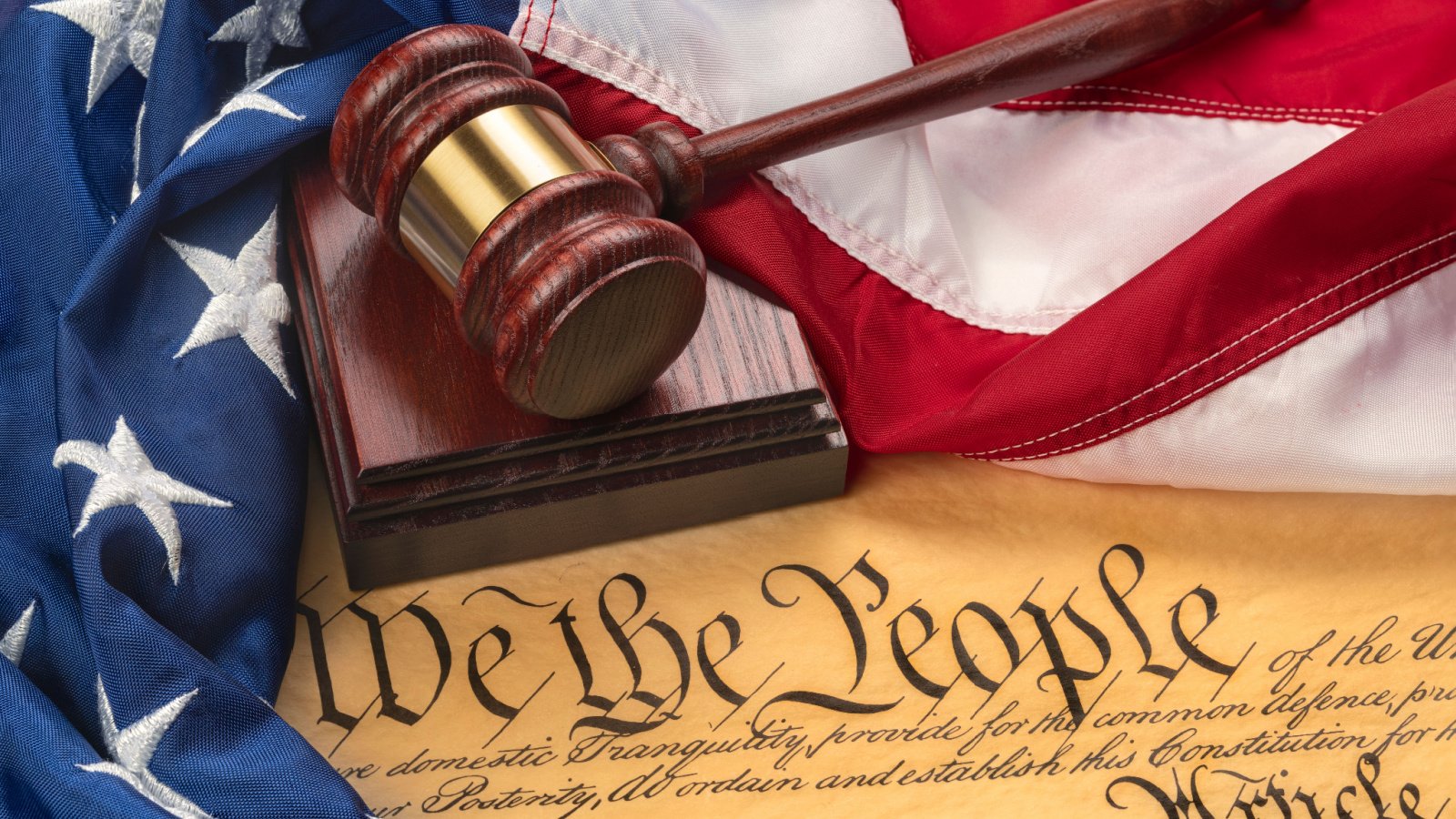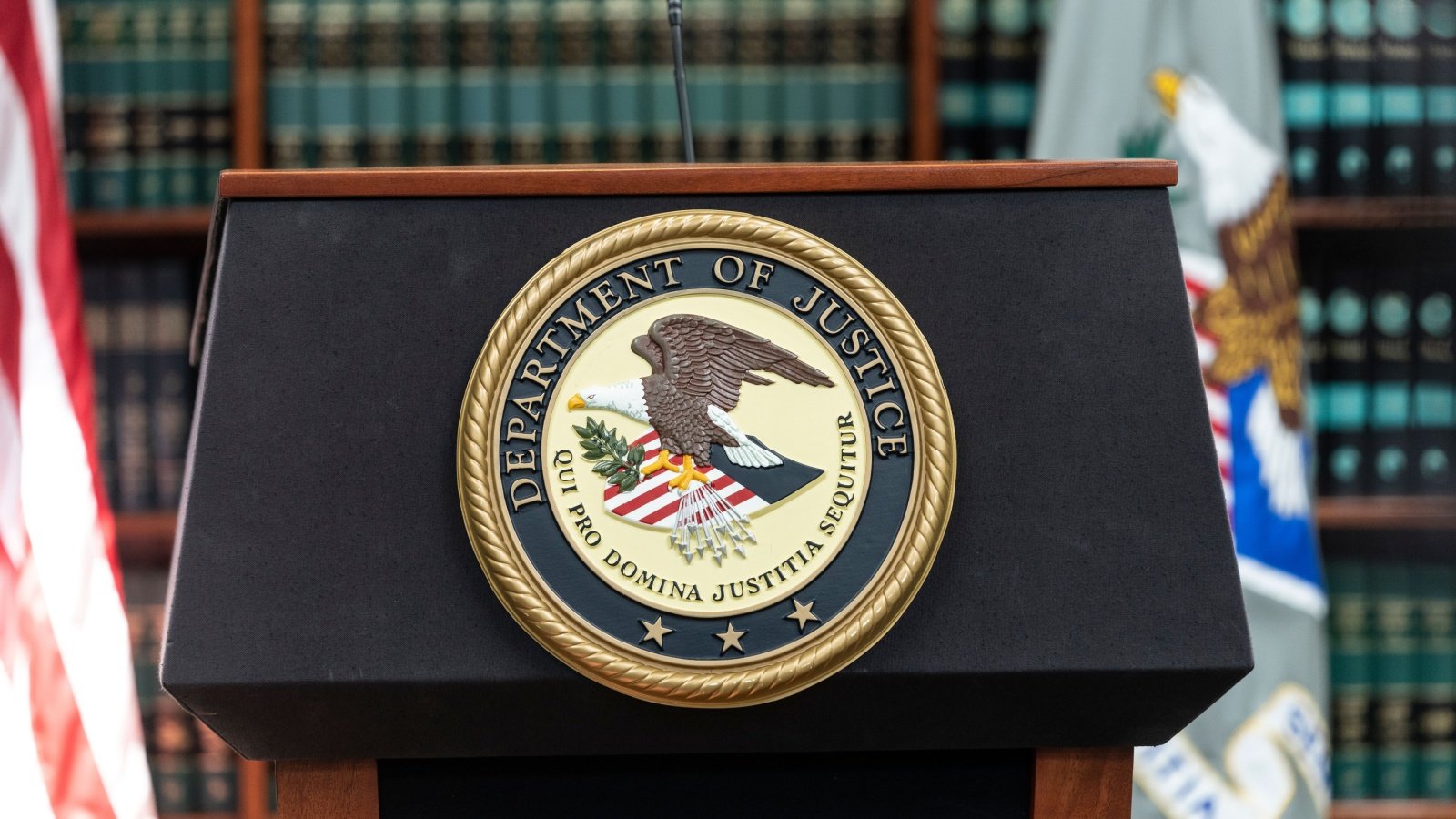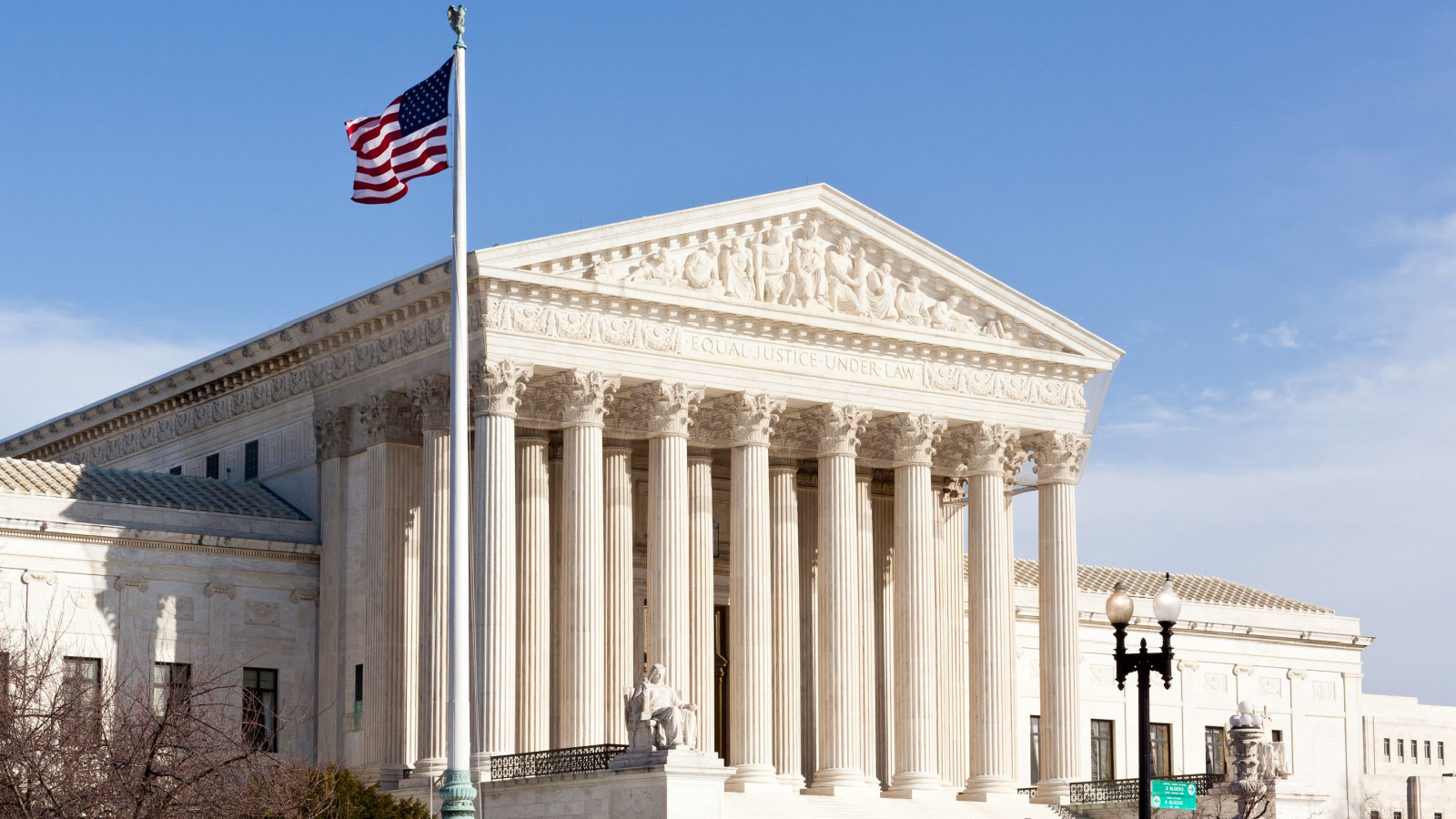Oklahoma recently instituted a new state law imposing criminal penalties for residents without legal immigration status. The Department of Justice has now filed a lawsuit challenging the Oklahoma law.
Oklahoma’s Controversial Law

The new Oklahoma makes it a crime under state law to live in Oklahoma illegally. This is the latest in a string of Republican states reacting to a perceived weakness in federal immigration enforcement by empowering local authorities to enforce immigration law. The Oklahoma law mandates imprisonment for up to two years for violations.
Similar Laws in Other States

Texas and Iowa have already enacted similar legislation and have likewise been challenged by the Department of Justice. Florida, Georgia, and Tennessee have also passed legislation to increase immigration law enforcement at the local level.
DOJ’s Constitutional Argument

Like it did in Texas, the Biden Administration, through the DOJ, has prevailed upon courts to prevent the enforcement of Oklahoma law. The Administration argues that state law does not trump federal immigration law, as set out by the U.S. Constitution.
Oklahoma Governor’s Stance

Oklahoma’s Republican Governor, Kevin Stitt, is defending the state law, claiming that the Administration is failing to deal with the crisis at the border. Since the federal government is failing in its responsibility, claims Stitt, state-level actions are required to protect the states’ citizens from the effects of illegal immigration.
DOJ’s Warning to Oklahoma

The DOJ warned Oklahoma that the Department would challenge the law if Oklahoma did not halt enforcement.
Attorney General’s Response

Oklahoma’s Attorney General Gentner Drummond has emphasized that the state has the right to craft legislation that complements the federal government on immigration issues. Moreover, he states that the state can deal with immigration policy issues within its borders.
Sovereign State Powers

Drummond has stated that Oklahoma is experiencing a public crisis due to the federal government’s immigration policies. He argues that state law is meant to supplement the broader strokes of federal immigration policy by tending to local and state-wide problems that federal enforcement does not resolve. Specifically, Drummond refers to the state’s ability to impose additional penalties for offenders.
Texas’s Similar Law

Texas’s law is the furthest along, as it was temporarily enforced before being put on hold. The fate of the Texas law will be instructive for other state laws that touch on federal immigration policy.
Iowa’s Immigration Law

Iowa’s law, which allows local law enforcement to criminally charge individuals with outstanding deportation orders, or individuals with a previous removal or denial of entry record, is also facing a challenge from the DOJ.
Protests in Oklahoma

In reaction to Oklahoma’s news bill, protests at the Oklahoma state Capitol in support of immigrants have reached national media attention. Migrant rights groups have expressed concerns about racial profiling and other impacts due to the criminalization of immigration status.
Voices of the Community

Immigration advocates highlight the negative impacts of laws criminalizing an undocumented or illegal status. Immigration attorney Sam Wargin Grimaldo states such legislation imparts fear into migrant communities, leads people to not seek help from the police or healthcare if needed, keeps children out of schools, and makes people afraid to go out into the community.
Broader Implications

Republican-led states are mounting a legal offensive against what they perceive as weak and ineffective federal immigration enforcement. Oklahoma is just the latest in a string of state laws seeking to impose penalties for not maintaining a legal immigration status while living in each particular state.
Federal vs. State Jurisdiction

If Texas’s law is any indication, the end of the road for Oklahoma state law will not end with the DOJ challenge. One of the state immigration law cases will likely make its way to the Supreme Court to firmly determine the supremacy of federal law or determine to what extent states can impose their own criminal measures to dissuade unlawful entry to the state.







